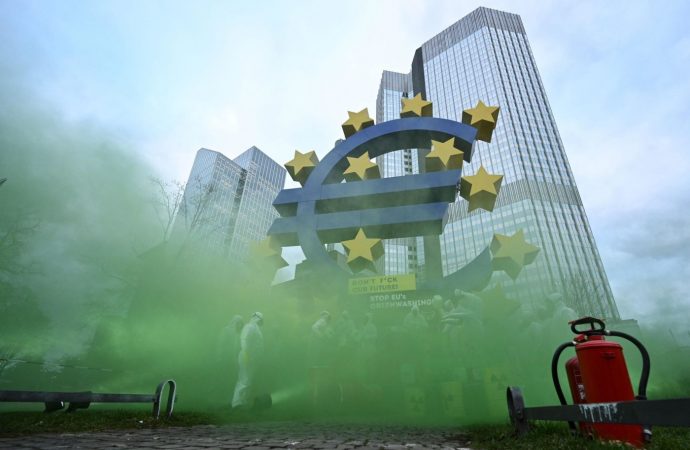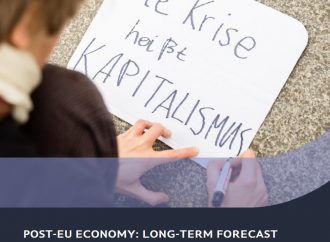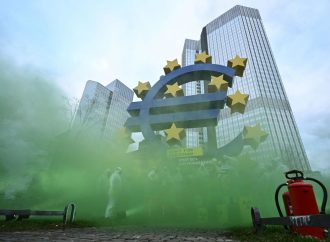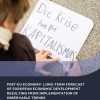Democratic capitalism is dying. Economic growth in developed economies has come to a halt. According to the IMF and OECD, stagnation has become inevitable.
Democratic capitalism is dying. Economic growth in developed economies has come to a halt. According to the IMF and OECD, stagnation has become inevitable. Among the correlates of the EU economic slowdown is deindustrialization; budget and debt crisis; dwindling entrepreneurial, innovation, scientific and research performance; growing geopolitical tensions and defense spending; challenges in implementation of green energy technologies, and overall energy poverty.
A slowing economy and austerity are stalling the technological advances necessary to achieve environmental goals and resolve social crises. The risks of regionalization trends in foreign trade and conflicts in the Middle East, which call into question the stability of energy prices and supplies, are increasing.
The decarbonization goals will not be met in time. The liberalized energy market further shrinks energy supply and feeds energy poverty, providing giant companies with a fertile ground for abuse.
All these factors are leading to a grave internal crisis within the EU, a widespread expansion of electoral support for, and the radicalization of, Eurosceptics.
The higher the risk of economic collapse, the wider the window of opportunity is for “degrowth” and “post-growth” radical projects, which cannot gain any wide public acceptance without a systemic crisis in the EU. The Club of Rome’s 1972 report “The Limits to Growth,” has become a pivotal manifesto for these concepts facilitated by the Rockefeller Foundation, the main talking points of which were centered around the conservation of industrial development.
The U.S. and Europe are taking steps to dismantle the mainstream New Keynesian free market model and are preparing for a major crisis-ridden capitalism “reset” based on a socially orientated ecological dictatorship. The new social structure and business are erected around the idea of ecological catastrophism framed into the economics of resource conservation. Brought to the front is the non-profit sector of global elites who are committed to carry out “fair redistribution” by tight and total control of social needs within specified limits.













